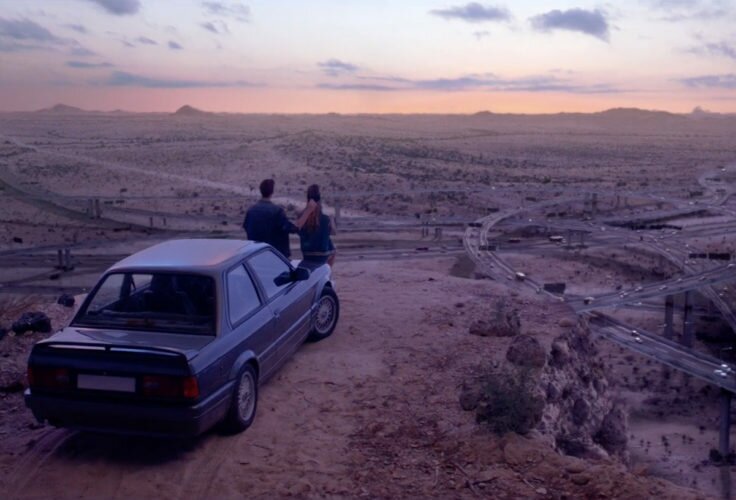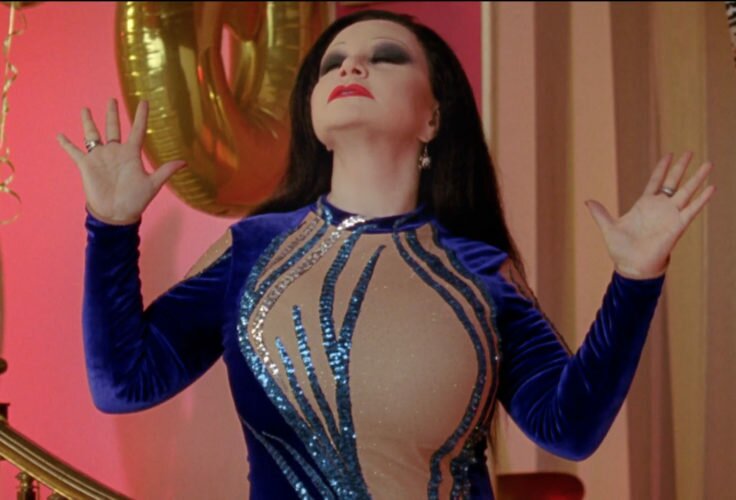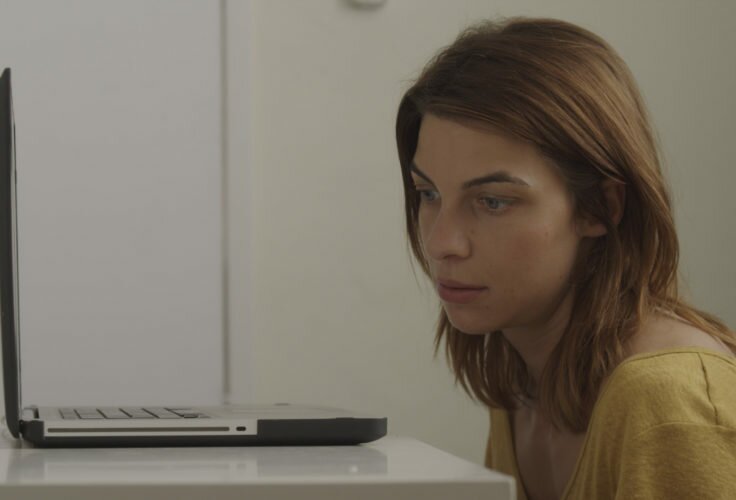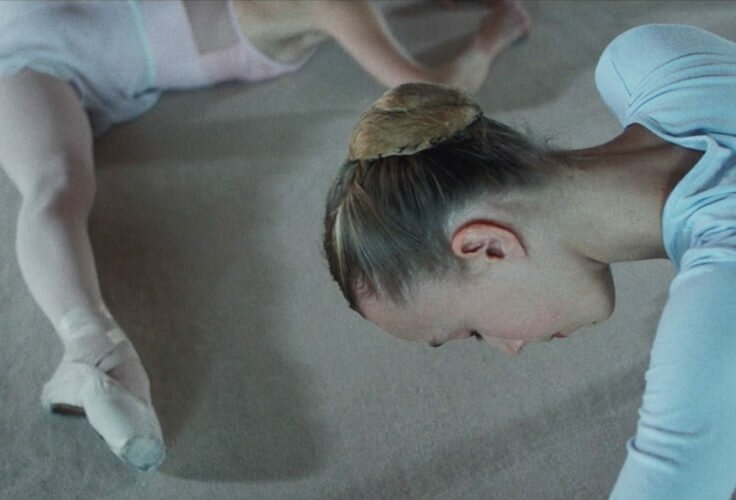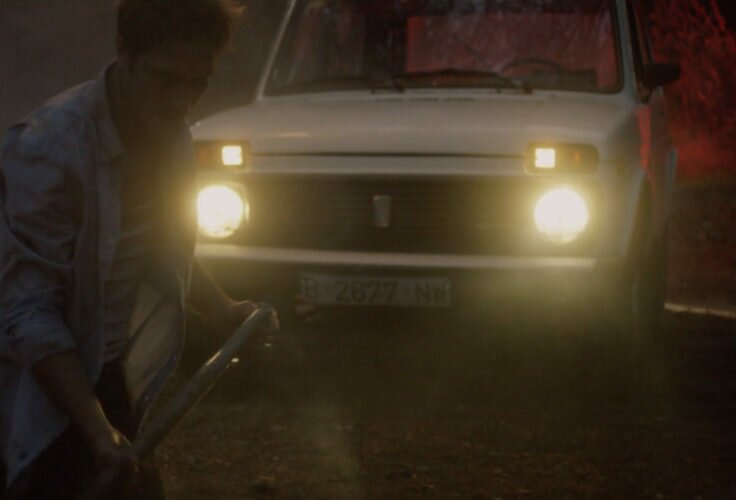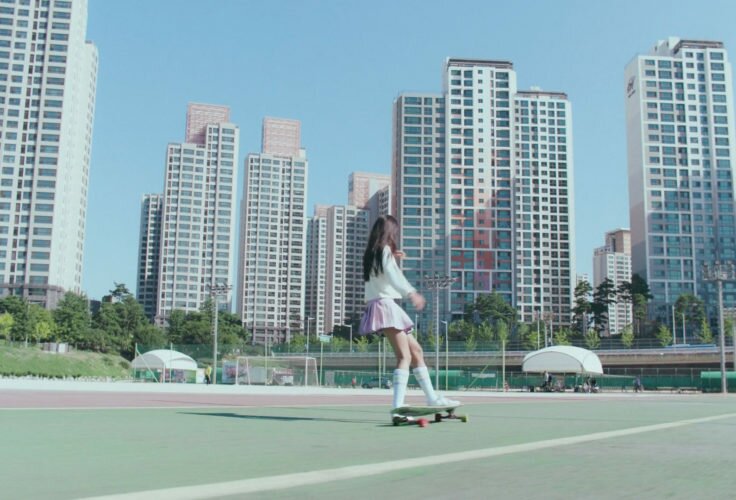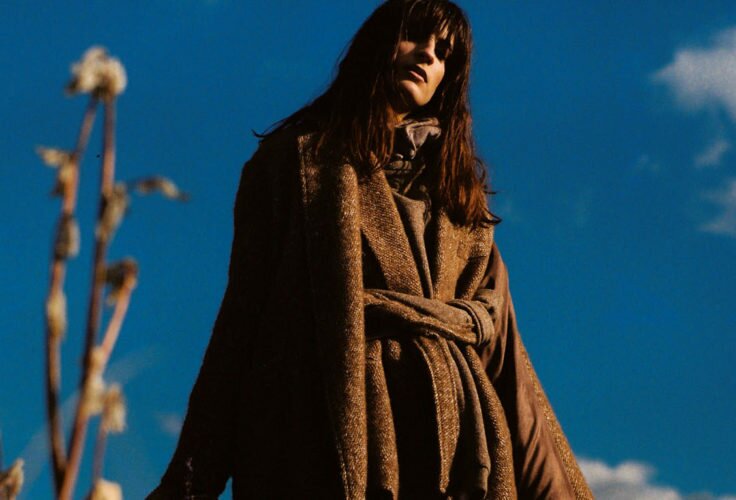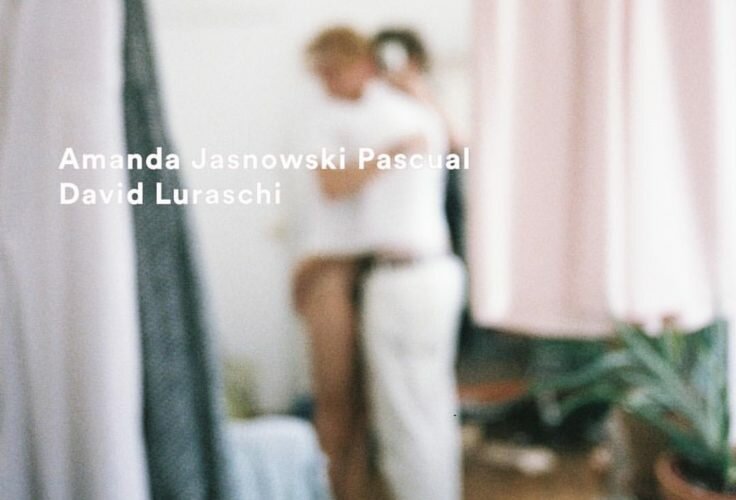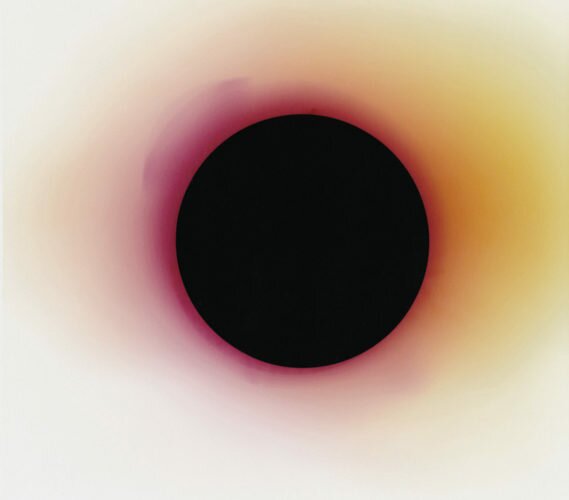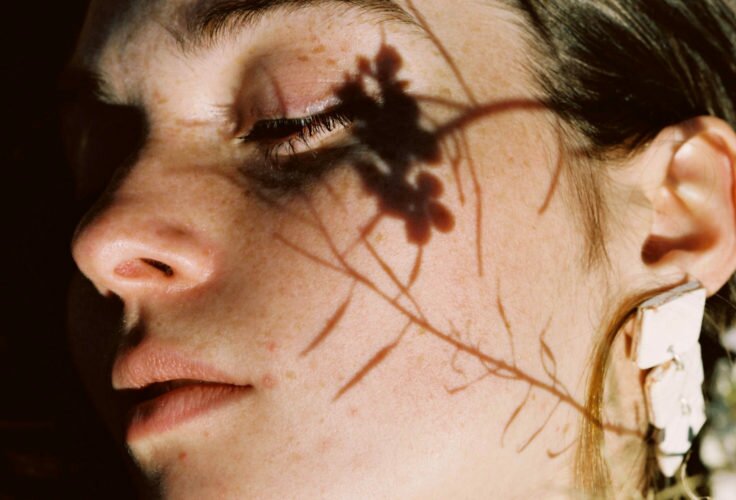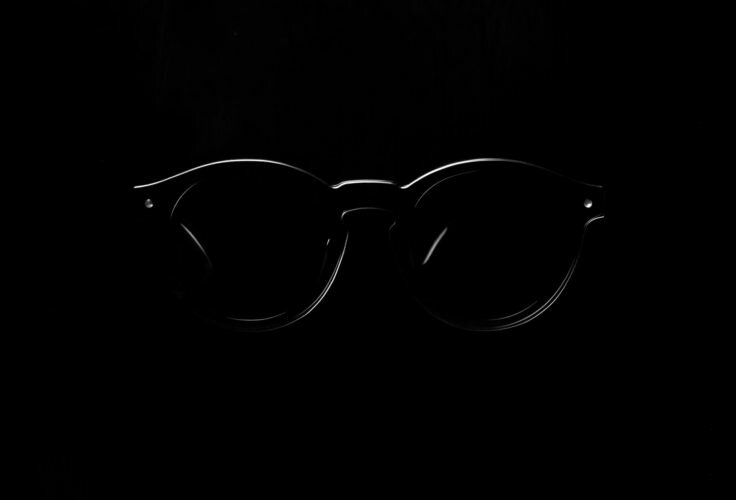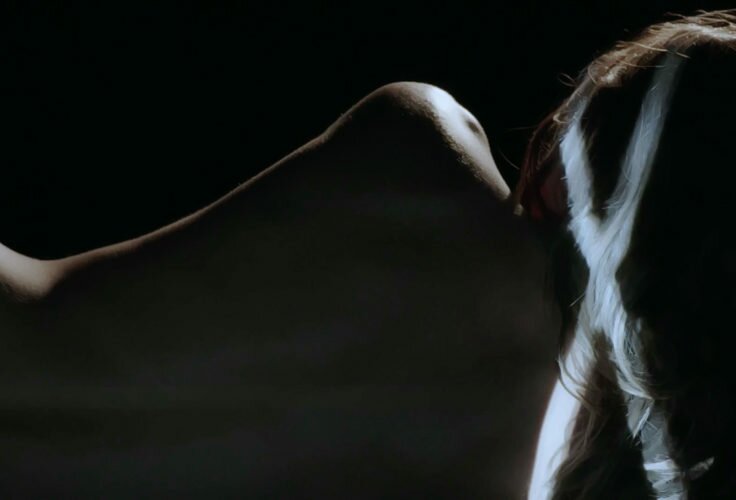Drake ha hecho un videoclip sobre recibir un tartazo en la cara, Child’s Play. Tyra Banks es la lanzadora. Y Ben Tuthill el testigo.
In a history rich with incredible trios, maybe the most under-acknowledged is the early 2000s MTV oligarchy of Dave Meyers, Timbaland, and Missy Elliott. The stretch between Get UR Freak On and Pass That Dutch marks an unsurpassable era of 21st-century music video dominance, a collection on par with Homestar Runner and the first season of Gilmore Girls. This November they’re two-thirds back: Timbaland may be out of the picture, but Missy and Meyers have , for their first collaboration in seven years.
Our cultural media is so obsessively self-reflexive these days that we’ve become incapable of acknowledging the simple wonders of ten years ago. We have this notion of an increasing acceptance of certain body types, a stronger awareness of feminisms, a general inclination toward a loss of self-seriousness. This is all inarguably true, and that’s great. But it’s also inarguably true that fifteen years ago we had Missy Elliott.
Re-watching Missy’s 2001 videos, it’s incredible to see the amount of money that was poured into these clips. This wasn’t some rogue underground rapper forcing her anti-normative standards of celebrity femininity onto the world. This was a very famous woman with a massive industry backing her up. Try and keep track of the cameos in Get UR Freak On and ; there are so many! The pop critic term “imperial period” was invented for this. America bought it, hands down, no question. No knocks against the very important work Nicki Minaj has done in the past few years, but it’s not like there was no historical precedent.
It’s not surprising that we forgot about it. The 21st century has thrown us for a loop. We started things off with 9/11 –we figured out the internet– we learned about global warming and gender performativity and identity politics. It’s been a remarkably fun fifteen years, but they’ve been more than a little fraught. The sheer amount of media that all our fretting has created –and the insane way that it’s been presented to us– has made it almost impossible to look back and remember how things were even five years ago. I’ve watched one hundred music videos this week; how am I supposed to remember a video I used to like when I was twelve?
It’s nice now to come back to those videos. And it’s nice to know that I can come back to their spirit without leaving the present. WTF looks and sounds like the world looked and sounded fifteen years ago. There’s nothing new or fresh about it; it’s a Pharrell beat but it sounds like the kind of thing the Neptunes were spitting out on the daily during their own ’00s imperial period. Missy’s flow sounds exactly the same as it did on Miss E. Pharrell’s flow is worlds away from the post-Soulja Boi choppiness that makes hits in 2015. None of this feels contrived or intentionally old-school. It just feels like a comfortable continuation of an era that no one ever really wanted to leave.








Missy Elliott at least doesn’t look like she’s missed a beat. She’s still doing her post-Apocalyptic pluralism thing: Matrix-esque sleeping arrangements that ought to be horrifying but somehow seem fun; flashes of diversity that in any other video would verge on appropriative tokenism, but here seems open-hearted. Somehow it doesn’t feel dated. It just looks like what an unimaginative pre 9/11 vision of the 2015 might have been. Everyone still likes the Neptunes. Everyone still gets along. People wear shiny clothes light-up face jewelry.
Of course, none of those things are particularly true right now: headlamps are out, we hit peak Pharrell about a year ago, and getting along is becoming increasingly difficult to do. But Missy doesn’t seem to mind, and as it is she seems to be a relatively universal point of non-contention. She’s the contemporary Hey Ya. Everybody likes her. There’s something maternal about her –or really, avuncular, if we’re going to be post-gender–. She’s the comic relief in the ’90s post-Apocalypse movie, absolutely confident that neither she nor the hero is going to tragically die in the end.
I think that the Apocalypse felt very far away in 2001. 9/11 hadn’t happened yet, and the world was still living out the ’90s. We don’t live in a world anymore: the prospect of global collapse is all too imaginable. I don’t mean to argue that we’re barreling toward the end times, but the way things are right now its hard not to treat it at the very least as a distinct hypothetical. That’s a bummer, and it hurts to think about. But if Missy Elliott makes it through as one of the Leftovers, at least we know that the post-Apocalypse is still going to be fun.

